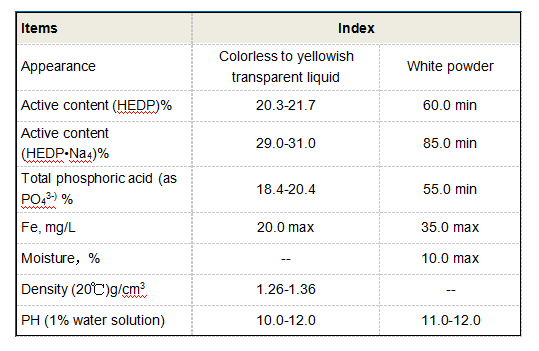flocculant chemicals for water treatment
Understanding Flocculant Chemicals for Water Treatment
Water treatment is an essential process aimed at making water safe for human consumption as well as for industrial and agricultural uses. Among the various methods employed to purify water, the use of flocculant chemicals stands out as a highly effective means of enhancing the removal of suspended particles and impurities. This article delves into the role of flocculants in water treatment, their types, and their importance in ensuring clean water supply.
Flocculants are chemical substances that promote the agglomeration of particles in a liquid, resulting in the formation of flocs—larger aggregates that can be easily removed by settling or filtration. By applying flocculants, water treatment facilities can significantly reduce turbidity and improve the overall quality of water. This process is crucial in various applications, including drinking water purification, wastewater treatment, and the treatment of surface water from rivers and lakes.
There are several types of flocculant chemicals, including organic polymers, inorganic salts, and bio-based alternatives. Organic flocculants, such as polyacrylamide, are commonly used due to their effectiveness in facilitating particle aggregation and their ability to operate effectively across a wide range of pH levels. Inorganic flocculants, such as aluminum sulfate (alum) and ferric chloride, are also frequently utilized. They work by neutralizing the charges on suspended particles, allowing them to come together and settle more readily.
flocculant chemicals for water treatment

One of the key advantages of using flocculants in water treatment is their efficiency in reducing the volume of sludge produced. This reduction not only enhances the sustainability of the water treatment process but also decreases the costs associated with sludge handling and disposal. Furthermore, flocculants can also aid in improving the removal of pathogens and organic pollutants, contributing to safer and cleaner water.
The selection of an appropriate flocculant depends on various factors, including the characteristics of the water being treated, the specific contaminants present, and the desired treatment outcomes. Therefore, water treatment facilities often conduct rigorous tests to determine the most suitable flocculant for their needs.
Despite the benefits, the use of flocculants also raises concerns regarding environmental sustainability and potential health impacts. In light of this, there is a growing interest in developing eco-friendly and biodegradable alternatives to conventional flocculants. Such innovations aim to minimize the ecological footprint of water treatment processes while maintaining effectiveness.
In conclusion, flocculant chemicals play a pivotal role in the water treatment industry by enhancing the removal of suspended solids and improving water quality. As the demand for clean water continues to rise, understanding and optimizing the use of flocculants will be crucial for ensuring sustainable and effective water treatment solutions. With ongoing research and development, the future of water treatment looks promising as it gradually incorporates more environmentally friendly methods.
-
Water Treatment with Flocculant Water TreatmentNewsJun.12,2025
-
Polymaleic AnhydrideNewsJun.12,2025
-
Polyaspartic AcidNewsJun.12,2025
-
Enhance Industrial Processes with IsothiazolinonesNewsJun.12,2025
-
Enhance Industrial Processes with PBTCA SolutionsNewsJun.12,2025
-
Dodecyldimethylbenzylammonium Chloride SolutionsNewsJun.12,2025





